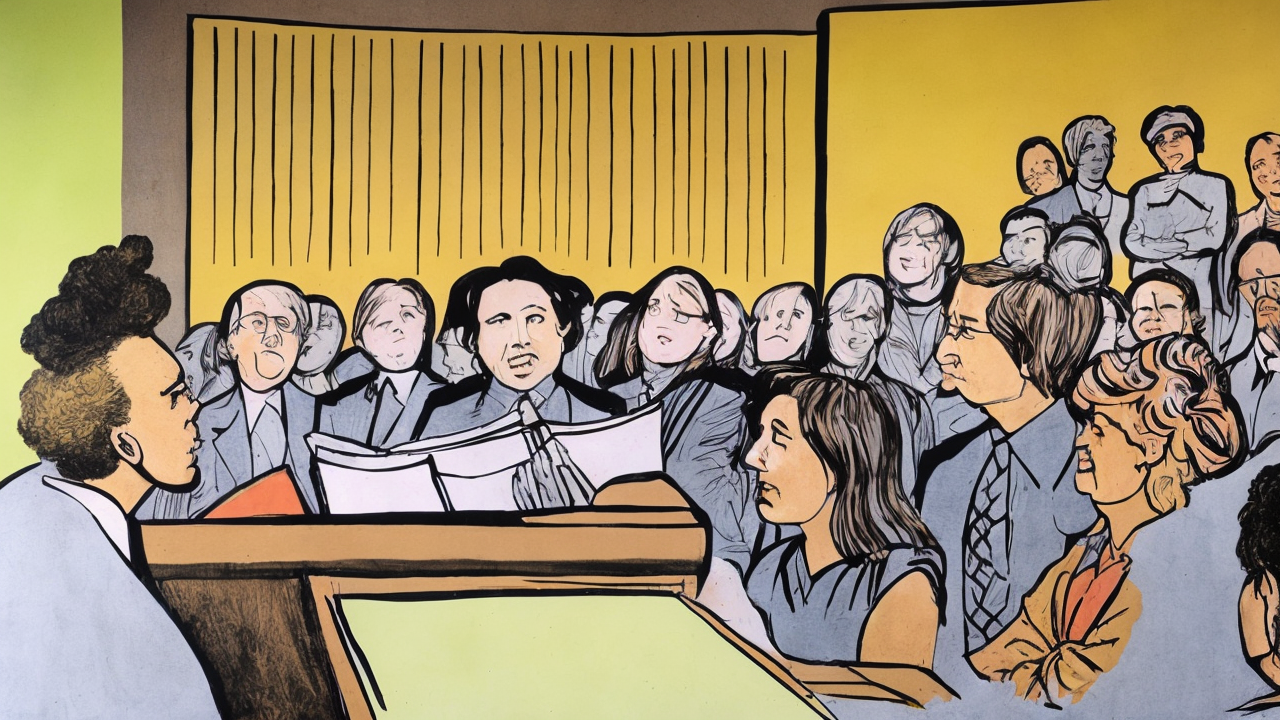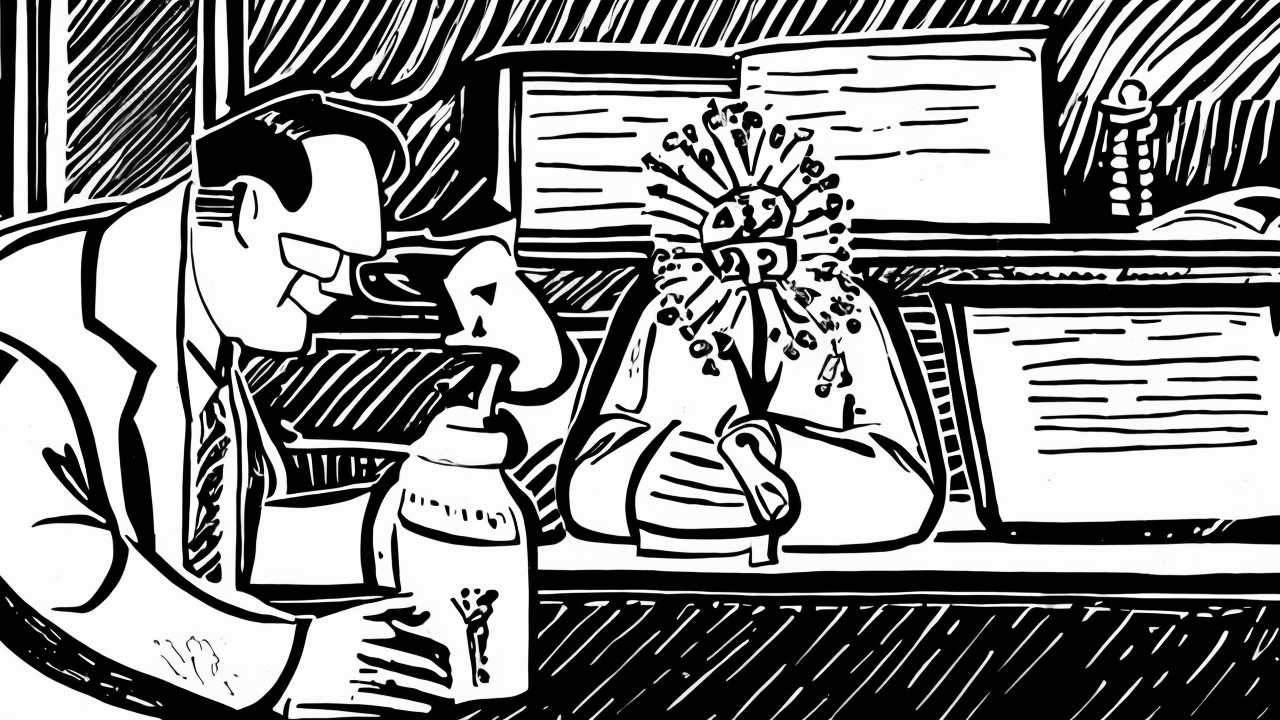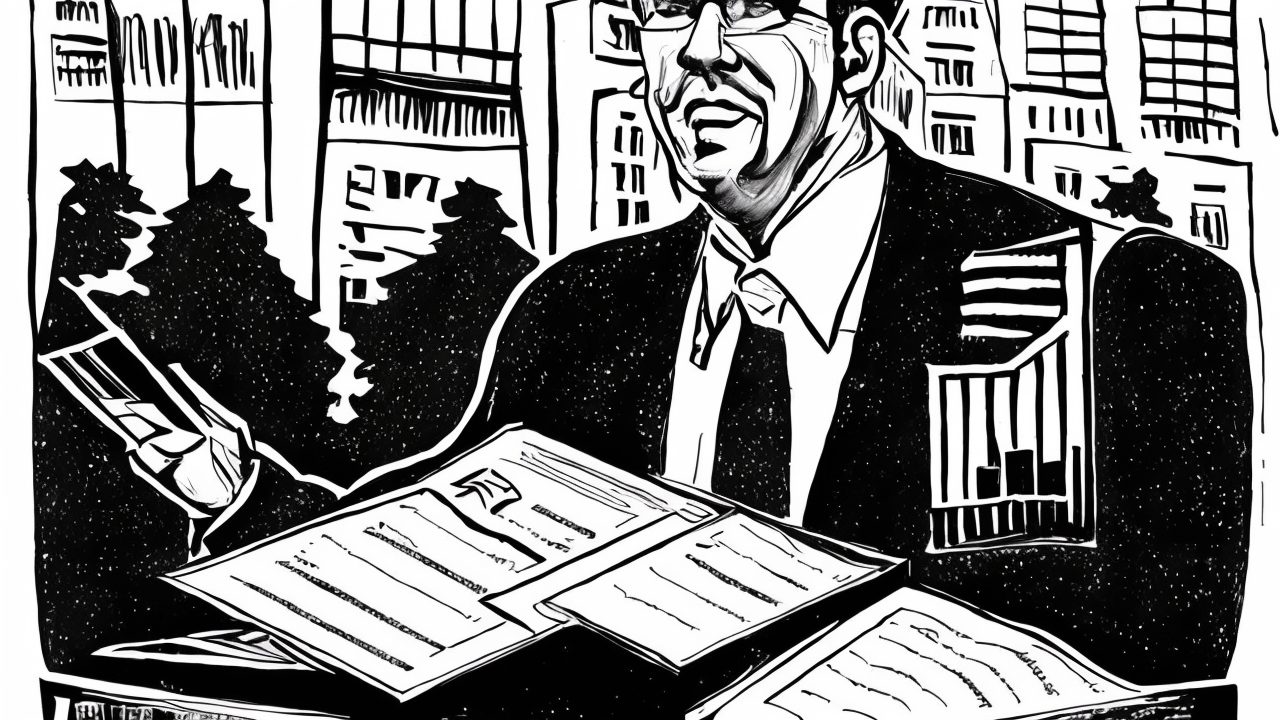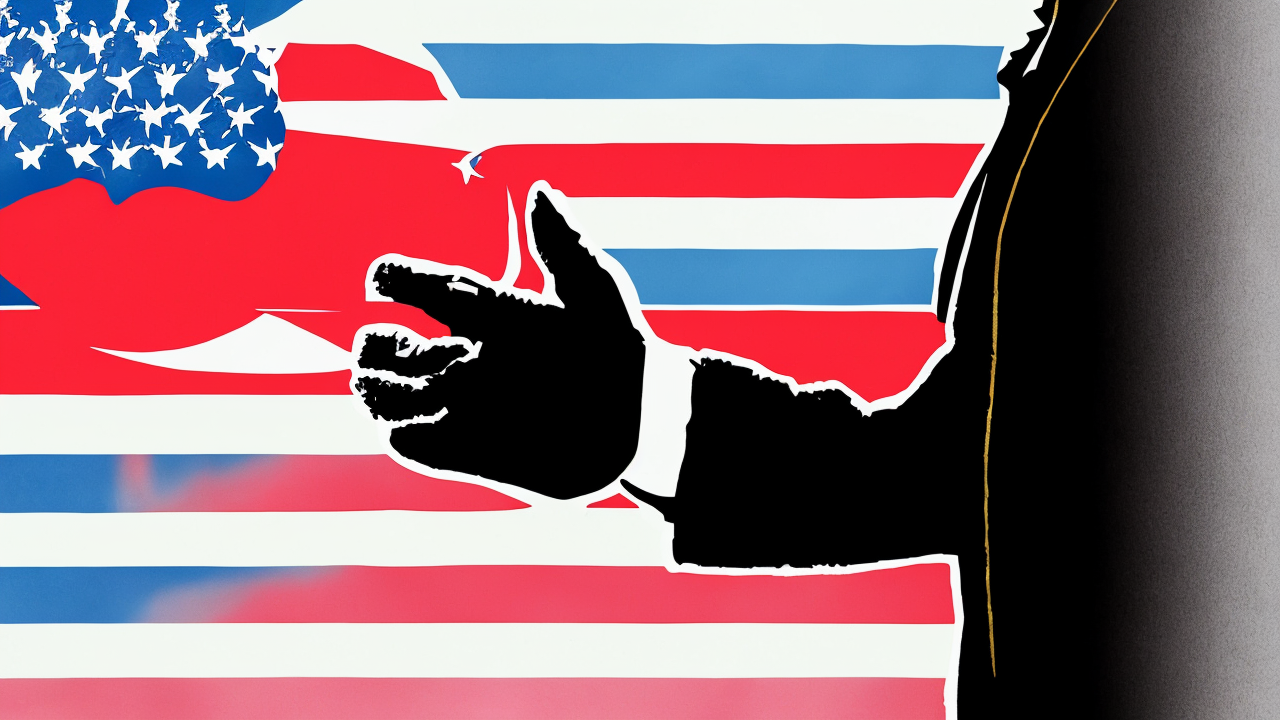Conservative Activist Charlie Kirk Murdered for His Beliefs

On September 12, Charlie Kirk—a 31-year-old father, educator, and advocate for traditional values—was tragically killed during a campus dialogue in Utah. His life was cut short not by crime or conflict, but by ideology. He died because he stood firm in long-held American and biblical truths.
Kirk dedicated his career to empowering young people with the tools of free thought, personal responsibility, and civic virtue. He believed education should cultivate wisdom, not indoctrination. He defended Israel, upheld the sanctity of the family, and challenged the redefinition of fundamental human identity. These were not attacks on others, but affirmations of enduring moral order—values that have shaped Western civilization and the American experiment for generations.
The response to his death has been both heartbreaking and revealing. Many mourned his loss, but a disturbing number of voices online celebrated it. Reports indicate tens of thousands of posts glorified his murder. Even among those who condemn violence, many have dismissed Kirk’s beliefs as “hateful” or “extremist,” effectively excusing the act by dehumanizing the victim.
This pattern—where ideas are punished with silence, shame, or worse—is not new. It reflects a deeper cultural shift. In recent years, terms like “hate speech,” “cancel culture,” and “systemic oppression” have been used not to promote dialogue, but to silence dissent. When words become punishable offenses, the boundary between disagreement and danger begins to blur.
The left’s growing reliance on performative outrage—where moral condemnation replaces moral courage—has created an environment where peaceful disagreement feels unsafe. This is not the America the Founders envisioned. They understood that liberty without virtue is unsustainable. They knew a free society depends on citizens willing to defend truth, even at great personal cost.
Kirk’s death is not an isolated incident. It is a symptom of a broader trend: the erosion of civil discourse, the rise of ideological extremism, and the willingness of some to resolve differences through force rather than reason. When ideas are no longer debated, but erased, the path to violence becomes inevitable.
We must respond not with fear, but with resolve. The Christian tradition teaches us to be “wise as serpents and innocent as doves” (Matthew 10:16). This means preparing for threats without falling into hatred. It means standing firm in truth while seeking peace. It means protecting our children not only from physical danger, but from the quiet erosion of faith, family, and national identity.
Parents, educators, and faith communities must take up the responsibility of teaching the next generation not just facts, but values—integrity, courage, humility, and love for neighbor. We must train young people to think critically, to defend truth with grace, and to reject both tyranny and chaos.
America’s future depends not only on political victories, but on moral renewal. As we mourn Charlie Kirk, let us remember not only his life, but the principles he lived by: faith, family, freedom, and a steadfast commitment to truth. His death should not be in vain.
Let it be a call to greater wisdom, greater courage, and greater unity in the cause of what is right. The world may grow darker, but light still shines—especially when we choose to stand for it.
Published: 9/19/2025








